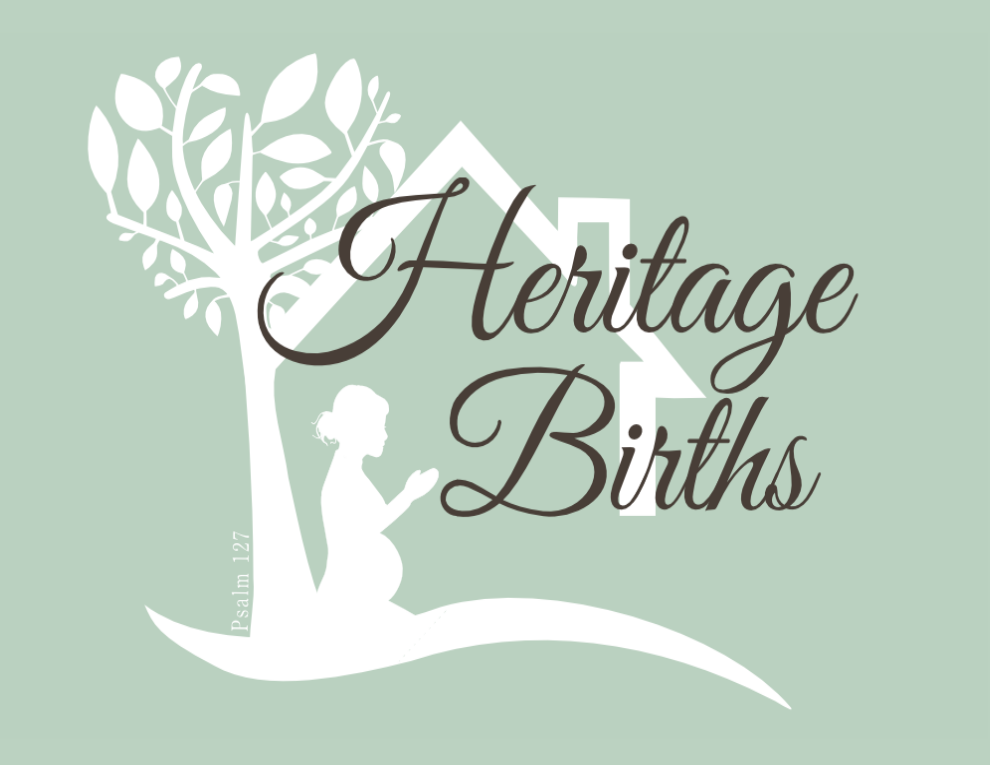When you’re preparing to become a mother, it can be overwhelming trying to figure out what is best for you and your baby. What foods should your eat, what vitamins to take, and if there is anything you need to avoid. I’ve tried to break down the multitude of information out there and put it together in a way that would be easy to read and reference...
Daily Food Intake
Your calorie needs increase while you are pregnant and breastfeeding, and while you need these extra calories, it is important to get them from sources that are nutritionally beneficial (rather than the ice cream and candy that I mistakenly indulged in!). During pregnancy you need roughly 300 calories more and during breastfeeding 500 calories more per day. Adding in an extra nutritionally rich snack (such as nuts, seeds, or lean meats) can make this easy to achieve.
It can also be helpful to break up your meals over the course of the day, rather than just eating three large ones. Usually 3 meals, and 3 snacks spread throughout the day can not only help you maintain your blood sugar so there’s less nausea, but it can also help you to get all the necessary nutrients in that your body needs.
Protein is incredibly beneficial for moms during pregnancy. Studies have shown that diets high in protein can help reduce the risk of developing Preeclampsia, Gestational Diabetes, preterm labor and helps support a growing baby and placenta. The recommendation for protein intake is 80-100g per day. If you’re having trouble getting enough each day, try sneaking in a plant-based protein shake, homemade trail mix, putting meat on a salad or in pasta sauce, etc.
Water is also essential for pregnant moms and especially breastfeeding ones. A lack of adequate fluid intake can lead to dehydration, decreased amniotic fluid, decreased milk supply, etc. During cooler weather, the recommendation is about 2.5-3L (80-100oz), but during the warmer months, that should be increased to 3.5-4L (115-130oz). You’ll need to drink more if you are exercising or going to be outside for an extended period of time.
Nutritional Supplements
Vitamins and supplements can be helpful with filling in the gaps in nutrition and creating a well-rounded diet. (Please note, this is not intended to be medical advice for you since you might have health concerns that would require alteration of these supplements. Please check with your care provider before changing supplements.) While this is not a complete list of everything that would be helpful during pregnancy/breastfeeding, here are the basic ones I recommend to all my clients:
- Prenatal Vitamins: Preferably food-based and high quality. Most easily found at a natural foods store. Food-based prenatals are utilized best within the body so more nutrients reach mom and baby. The one that I most recommend is "Mega Food: Baby and Me".
- Calcium/Magnesium: Best before bedtime to help with leg cramps and difficulties sleeping.
- Red Raspberry Leaf Tea: 1 cup of tea or 1 capsule per day, per each trimester pregnant. Helps tone the uterus and minimizes postpartum bleeding.
- Nettle Tea: 1 -2 cups per day. Good source of iron to prevent anemia and boost red blood cells.
- Iron (if you are anemic): Food-based works best within the body without causing constipation. Recommended brands are "Hemaplex", "Floradix", and "Ferrofood". Helps to build red blood cells and increase energy levels associated with anemia.
- Omega 3s/DHA: A high quality brand is best for working efficiently within the body without the “fishy” aftertaste. Take pills or liquid as recommended. Beneficial for healthy fetal brain development, and maintaining a balanced production of prostaglandins which support the heart, immune system and the central nervous system. The brand that I recommend most is "Nordic Naturals".
- Vitamin D3: 2,000-4,000 IU per day, more if you are feeling sick. Helps maintain proper levels of calcium and phosphorus which build fetal bones and teeth and help prevent skeletal deformities.
- Probiotics: Take as recommended on the bottle, but make sure it’s a good quality one. It should either be refrigerated or say that it has “guaranteed live and active cultures” with an expiration date. This will help boost your immune system and keep your gut healthy. I usually recommend "Jarrodophilis with Enteroguard".
Foods to Avoid
Most of the time, you are fine to eat anything that you’d like during pregnancy and breastfeeding (Within reason!). When you have a healthy balanced diet, it’s fine to occasionally splurge and indulge in your cravings, but here are some things that you should try to avoid whenever possible as they could be harmful for you or baby.
- Caffeine (more than 2 cups of coffee is too much)
- Excessive sugar or simple carbohydrates
- Artificial Sweeteners (Splenda, Aspartame, Sucralose, etc)
- Alcohol
- Deli Meats and Soft Cheeses (warm meats and hard cheeses are preferable)
- Raw Dairy
- Raw Fish
- Some Herbs/Tinctures (please contact your care provider for a complete list)
Hopefully you find this guide helpful and it eases your mind….or at least this is one less thing you have to research. Ultimately though, just do the best you can and that's all you can do!
